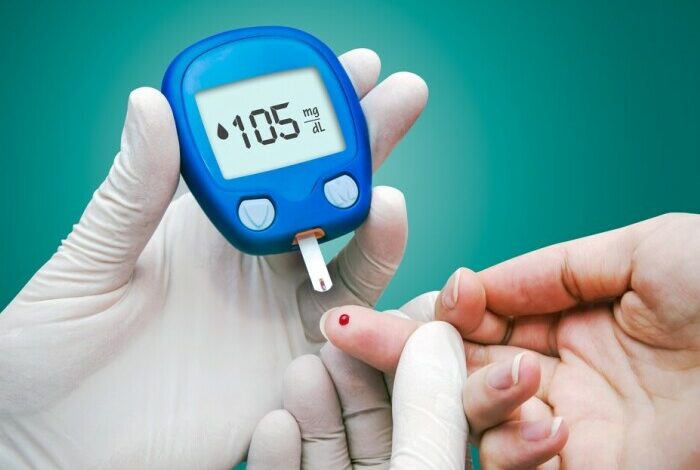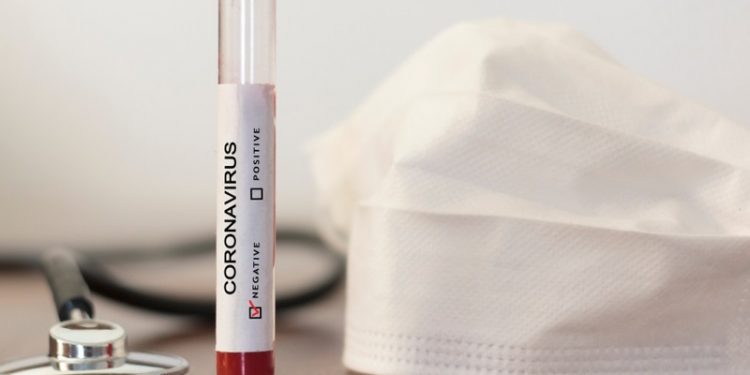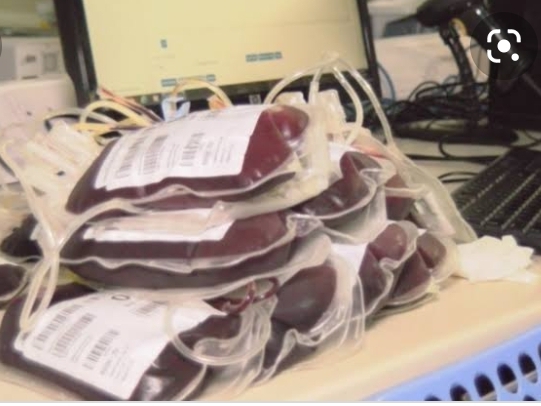How to Detect Diabetes Early – Simple Home Tips

Diabetes is a growing health concern worldwide, including in Ghana and across Africa. Many people live with diabetes for months or even years without knowing it, which can lead to serious complications such as kidney failure, blindness, and heart disease. Fortunately, early detection can make a big difference. With just a little awareness, you can spot warning signs at home and seek medical attention before it becomes life-threatening.
Here are simple home tips to help you detect diabetes early.
1. Frequent Urination
One of the most common early signs of diabetes is urinating more than usual, especially at night. High blood sugar levels make your kidneys work harder to filter and remove excess glucose through urine. This leads to more bathroom trips, including waking up multiple times at night.
Home Tip: Keep track of how often you urinate during the day and night. If you’re going more than 7–8 times in 24 hours and it’s unusual for you, it could be a warning sign.
2. Excessive Thirst
When you urinate frequently, your body loses a lot of fluids, causing you to feel constantly thirsty. This can happen even if you’re drinking plenty of water.
Home Tip: If you’re drinking water all day but still feel dehydrated, especially alongside frequent urination, consider checking your blood sugar levels.
3. Unexplained Weight Loss or Gain
Sudden weight loss—even when you’re eating well—could mean your body isn’t getting enough energy from glucose and is breaking down fat and muscle instead. Some people may also notice sudden weight gain due to insulin resistance.
Home Tip: Weigh yourself weekly. If you notice changes of 4–5 kg (8–10 pounds) without dieting or increased activity, it may be time to see a doctor.
4. Constant Fatigue
Feeling tired all the time is another early symptom of diabetes. Without enough insulin or when insulin isn’t working properly, sugar can’t get into your cells to be used for energy, leaving you feeling drained.
Home Tip: If you feel unusually exhausted even after a full night’s sleep, track your energy levels for a few days and compare.
5. Blurred Vision
High blood sugar levels can cause the lens in your eyes to swell, leading to blurry vision. This usually comes and goes and affects both eyes.
Home Tip: Be alert if your vision changes frequently during the day, especially after meals.
6. Slow-Healing Wounds and Skin Changes
Diabetes can weaken your immune system and reduce blood circulation, making it harder for wounds and infections to heal. You may also notice dark patches of skin on your neck, elbows, or armpits.
Home Tip: Check your skin regularly, especially your feet, and note any cuts or bruises that are healing slowly.
7. Try Home Blood Sugar Testing
If you have a family history of diabetes or experience multiple symptoms, consider using a glucometer to check your fasting and post-meal sugar levels.
Catching diabetes early can help you manage or even prevent it through lifestyle changes. If you notice two or more of these symptoms, consult a healthcare professional immediately. Early detection saves lives.
Take control of your health—start watching for signs today.
Source: Thepressradio.com




